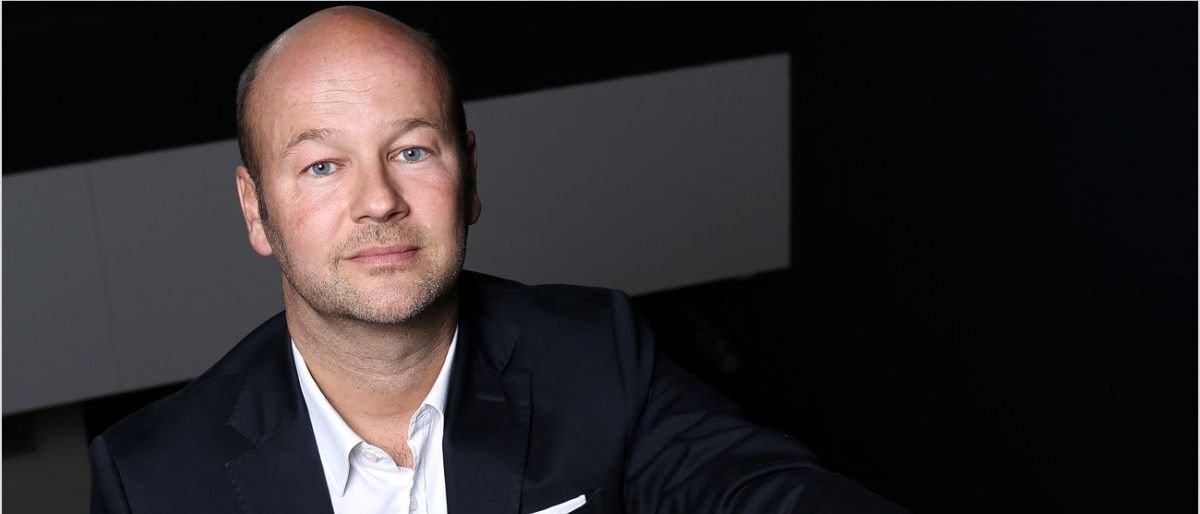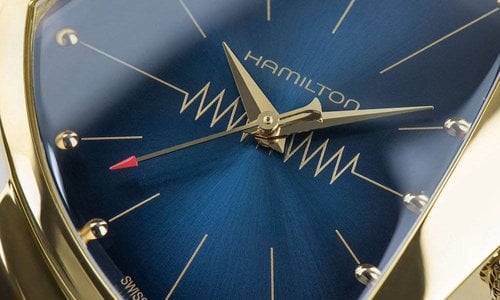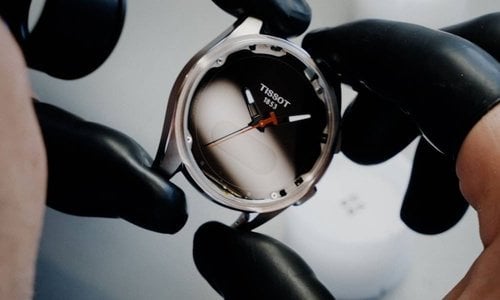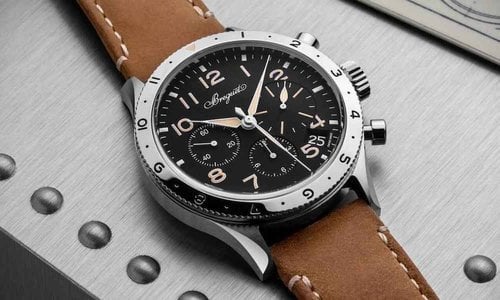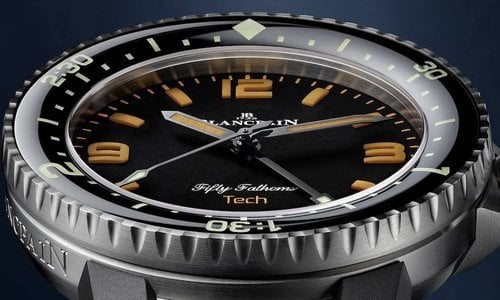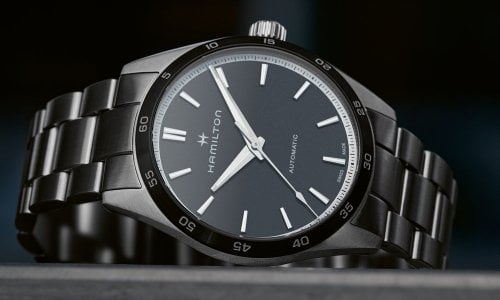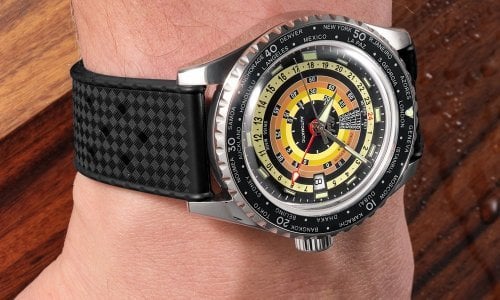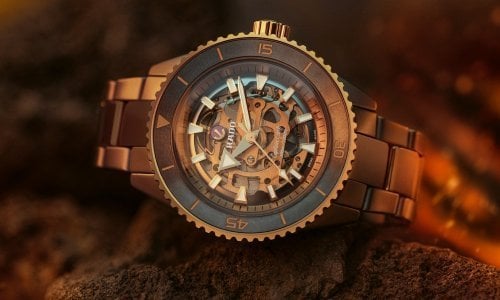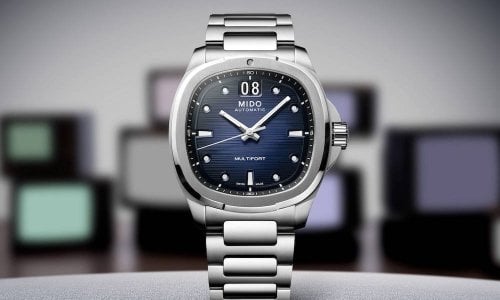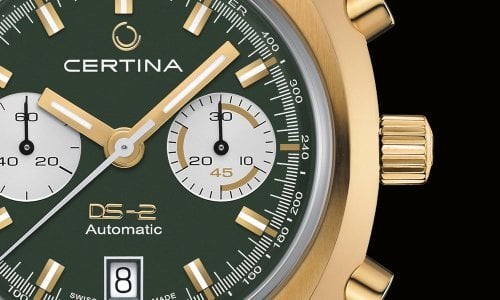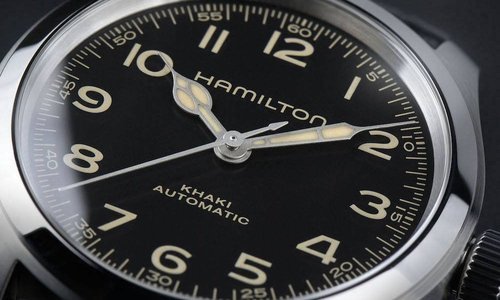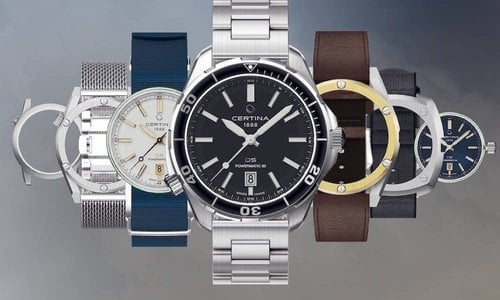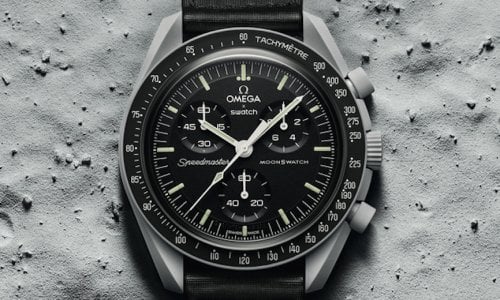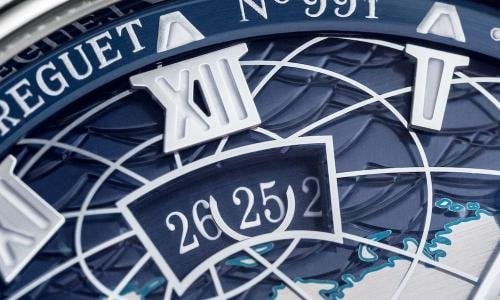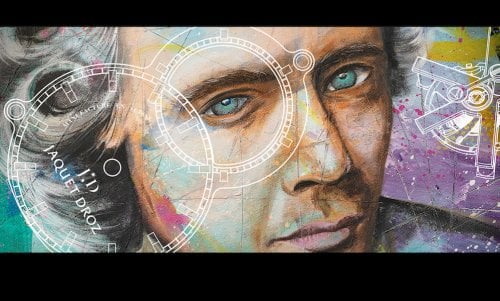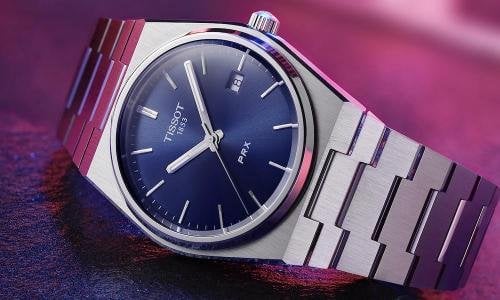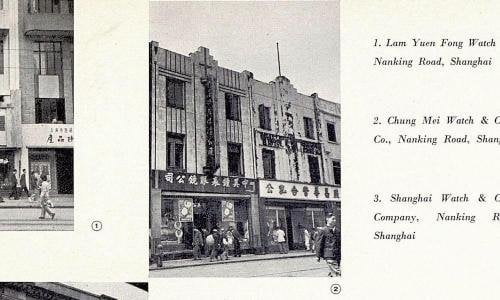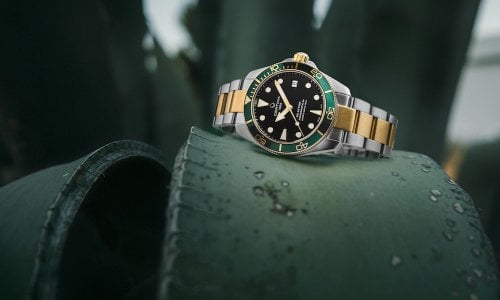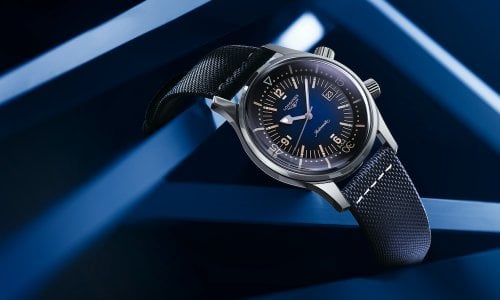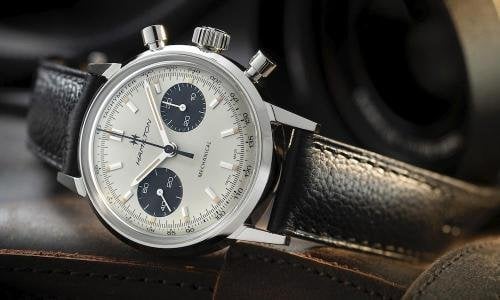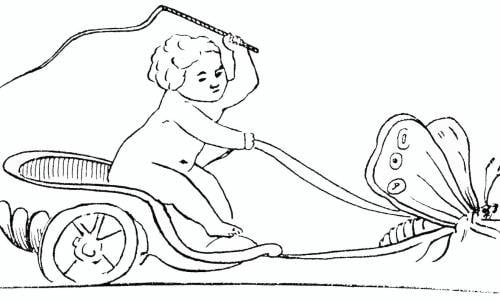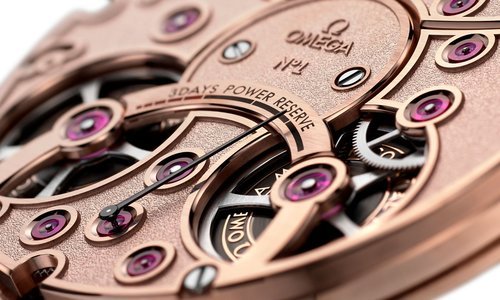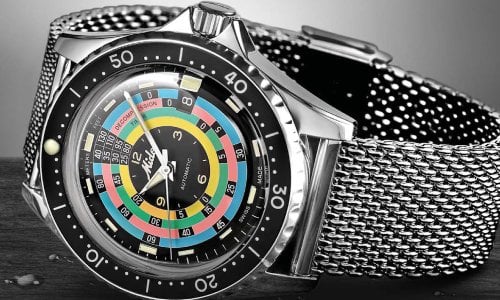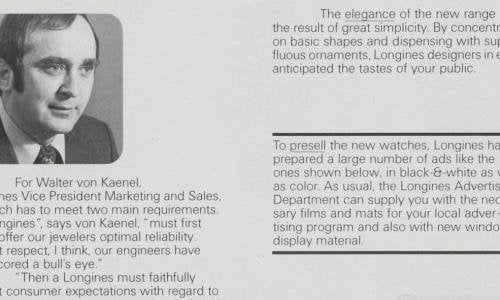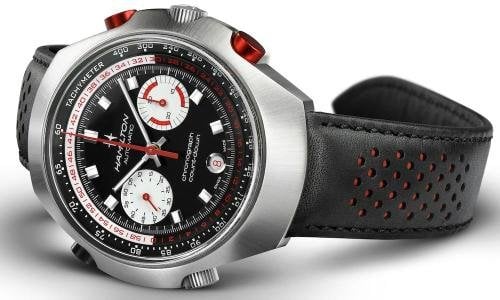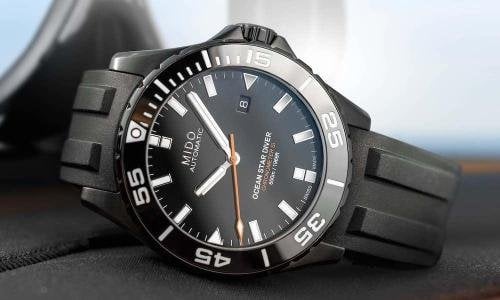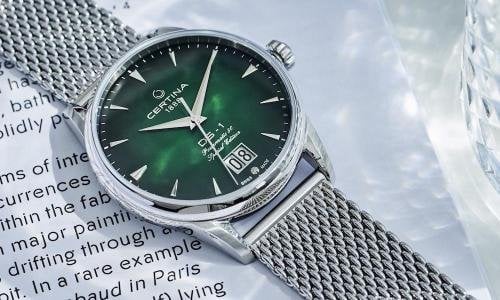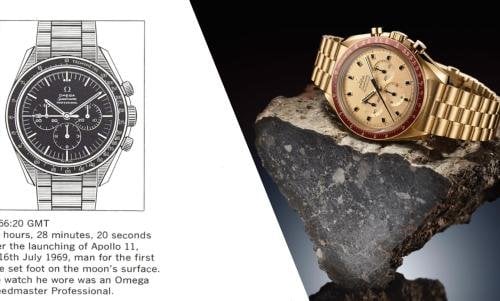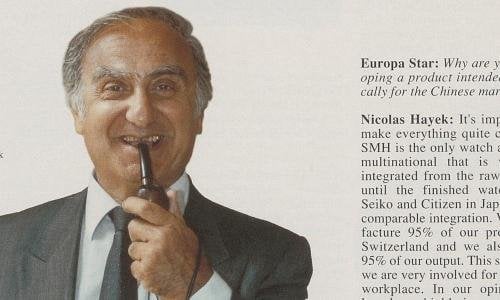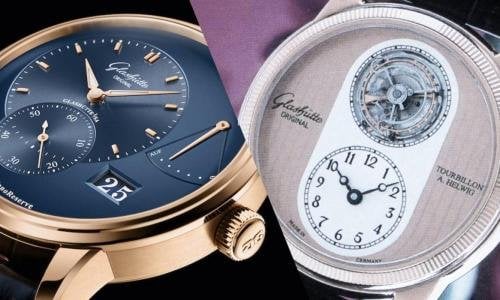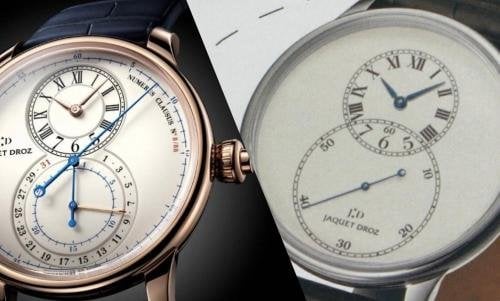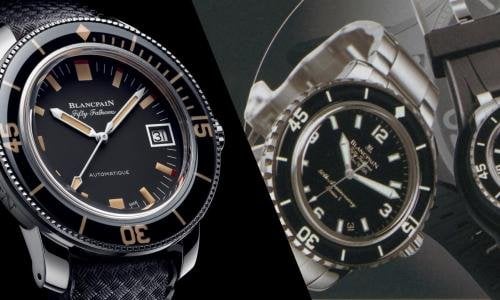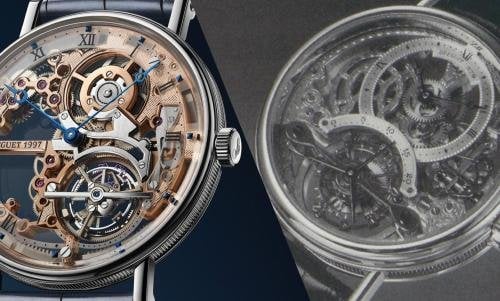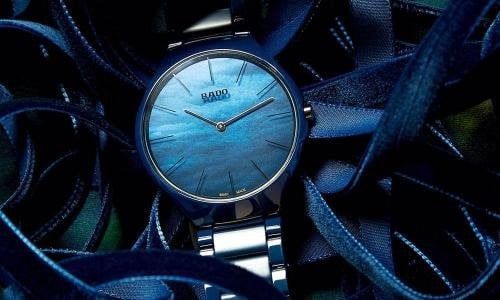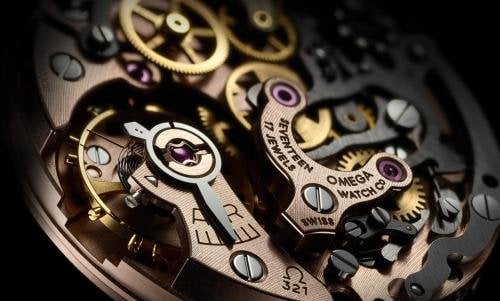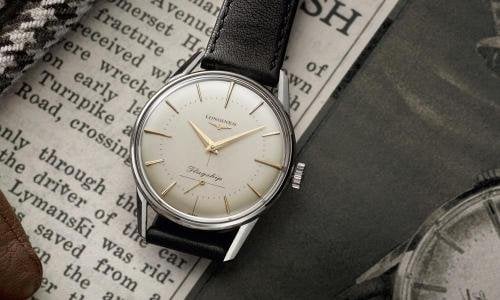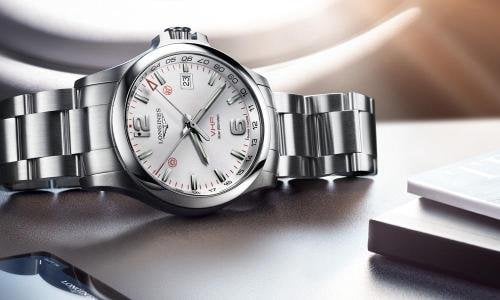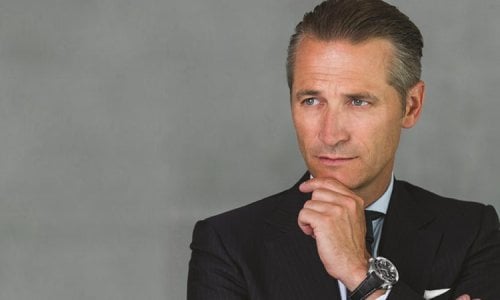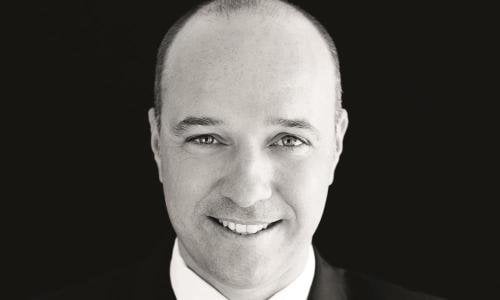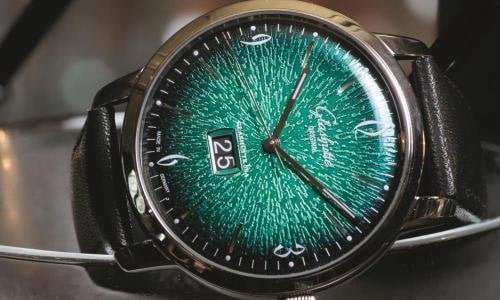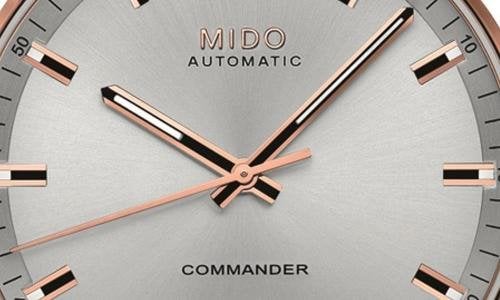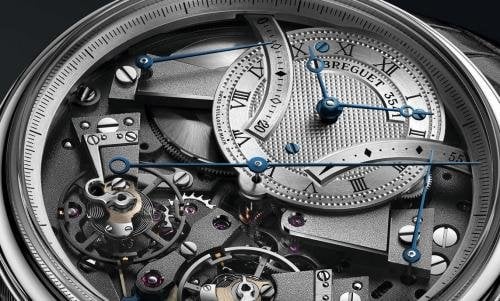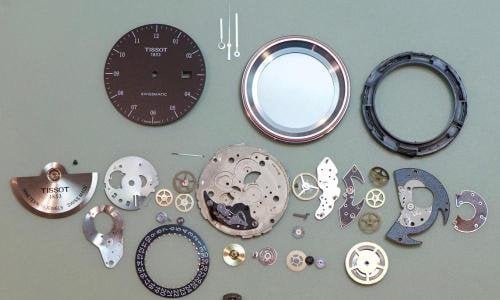hich collections are you focusing on in Jaquet Droz’s anniversary year?
We’re developing our historically strongest models – the Grande Seconde, Ateliers d’Art and Automates. We’ve also worked on some timepieces for women, which are helping us tap into a highly promising market. And we’re presenting one exceptional, one-off item – the Parrot Repeater, a condensate of all our know-how in terms of automata and craftsmanship.
The basic objective is to clarify the identity of Jaquet Droz, its values and which way the brand is moving. In the eighteenth century, Pierre Jaquet-Droz and his son Henri-Louis developed three automata of genius to delight and amaze, and this the spirit we’re trying to perpetuate. After the deaths of these two great figures in watchmaking history, the brand fell dormant. Since its takeover by the Swatch Group in 2000, we have been working to recreate the strong and consistent brand image that makes it so successful today.
How do you manage distribution?
We benefit from the Swatch Group structure with its numerous subsidiaries, which is a huge advantage. We are continuing to expand in our strategic markets, but we’re determined to maintain a highly selective distribution network. We recently opened a new boutique in Dubai Mall with a very luxurious visual concept, sending out a strong signal to the entire region. Today, we have a total of 12 boutiques and 200 retail outlets worldwide.
The objective is not to open outlets in an uncontrolled fashion, but to work with retailers who are genuinely prepared to invest in us. Because we’re a brand you have to know how to explain and be able to present to the customer in the best possible conditions in order to make it an experience. Many retailers have approached us this year, because they sense that developments are under way for reaching out to customers in search of genuine exclusivity, exceptional products and massive creativity.
-
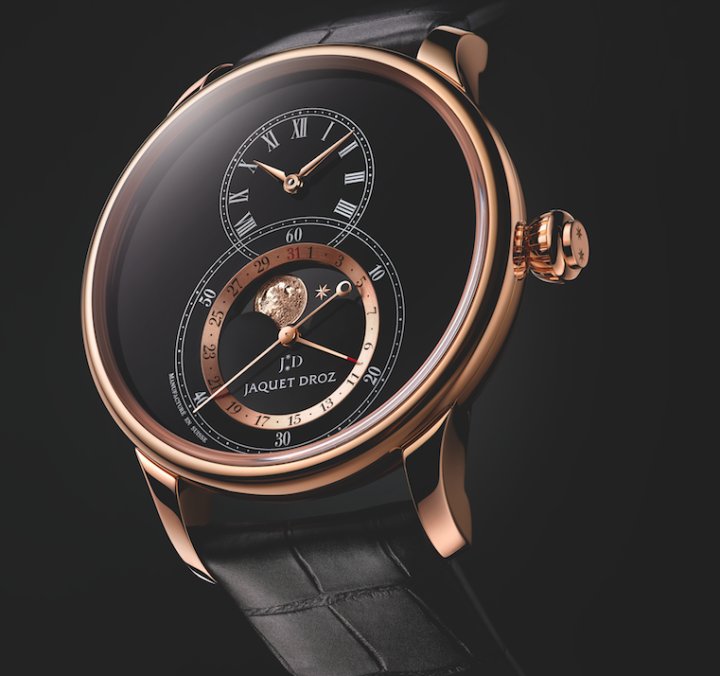
- GRANDE SECONDE MOON BLACK ENAMEL
For the past two years, we’ve witnessed a certain effort on the part of luxury brands to offer entry-level models and generally lower the average price. Is that the case of Jaquet Droz?
Yes and no... On the one hand, we create products that let people “realise their dream” and are affordable and wearable in (virtually) all circumstances. And at the other end of the scale, we produce exceptional automata. What they have in common – our silver thread – is the brand’s very strong aesthetic codes and our great creativity, which takes its inspiration from nature and the manual arts, mainly. Authenticity is the key to luxury. It’s extremely important to feel the work of the human hand in what we produce, via the art and craft trades especially.
Do you set production limits to keep some kind of exclusivity?
In no way do we take an “industrial” approach; it is truly an artisanal approach to watchmaking. So we don’t need to set limits – we’re limited naturally by our production capacity. We’re not out to simplify or automate production at all. That would make no sense in relation to the history of Jaquet Droz. The only limits we set are related to the series, which are produced mainly within our art workshops; they are limited to 1, 8, 28 or 88 pieces. The figure 8 is our emblem, which you can find on our dials as a symbol of inspiration.
What are the materials most closely associated with Jaquet Droz?
Grand-feu enamel constitutes a real brand signature, especially with the ivory colour for the dial, which is very unusual. We also like working with aventurine and onyx for our dials, which lends great depth. We use more high-tech materials for the movements, for example in our silicon balance spring.
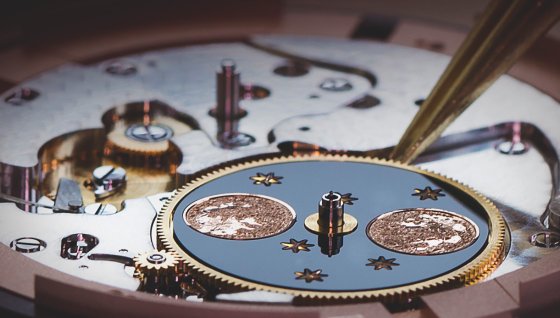
What’s your stance in relation to the great digital transformation that is affecting the watchmaking industry?
In terms of access to information, digitisation is crucial. That’s the great change of the past few years: our customers and our retailers know much more, and much faster, about our latest developments. Before, a bad product could be successful with good marketing.
Today, you need a good product, because information spreads fast. And that is a huge opportunity for Jaquet Droz, for its visibility but also for understanding the brand. As regards distribution and e-commerce, we’re partnering with retailers on some projects, but we demand very high standards, so it’s rather limited. For the moment we’re not planning on opening our own online sales platform.
You’re celebrating your 280th anniversary this year – but is the average age of your customers falling?
We have customers of all ages: the average is actually quite young, I’d say 30-40. We’re a classic-contemporary style of brand, even if that might sound paradoxical: we’ve found a good balance and we’re not locked into our heritage.
The great fashion trend of the moment is vintage, or rather neo-vintage. Yet at Jacquet Droz we’re not really seeing any “re-editions”...
Today the word “vintage” is used a lot with the connotation of “neo-retro”, in other words the re-edition of historical models. We didn’t produce much in the 1960s or 70s, for example, so that’s not a priority for us. The aim is not to launch re-editions or to follow fashion trends, but to set ourselves apart by means of our contemporary creativity.

